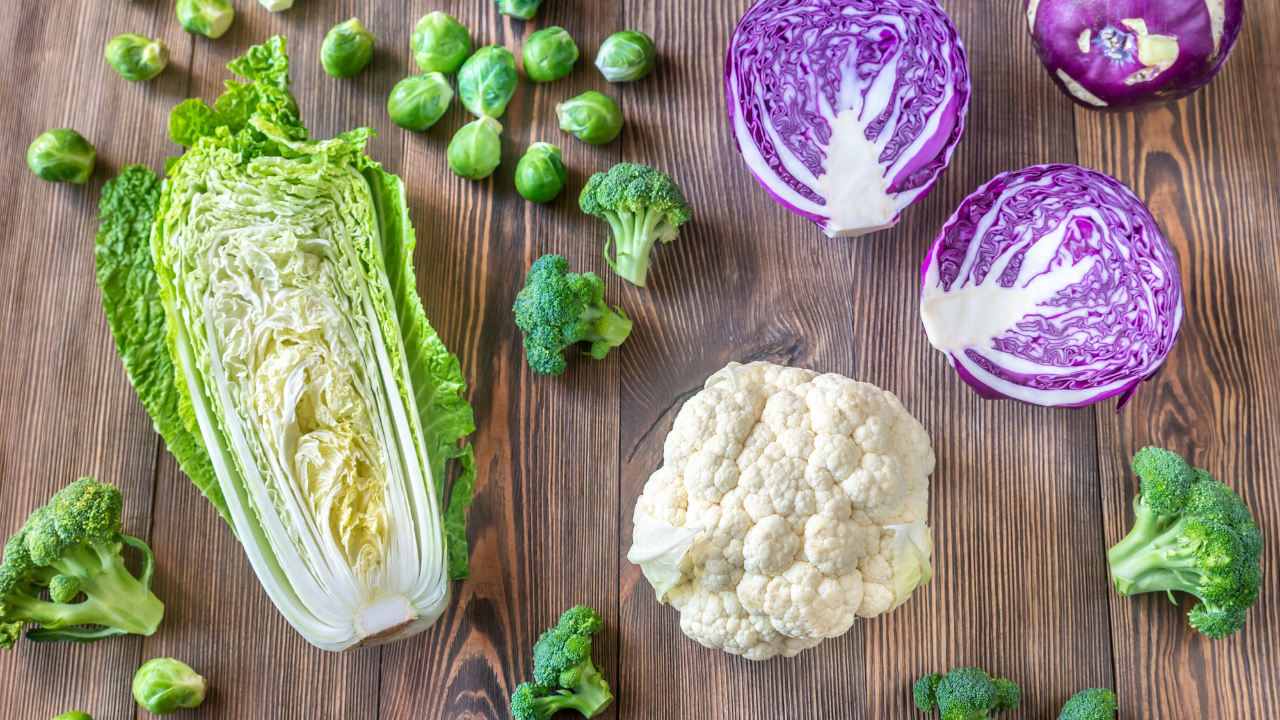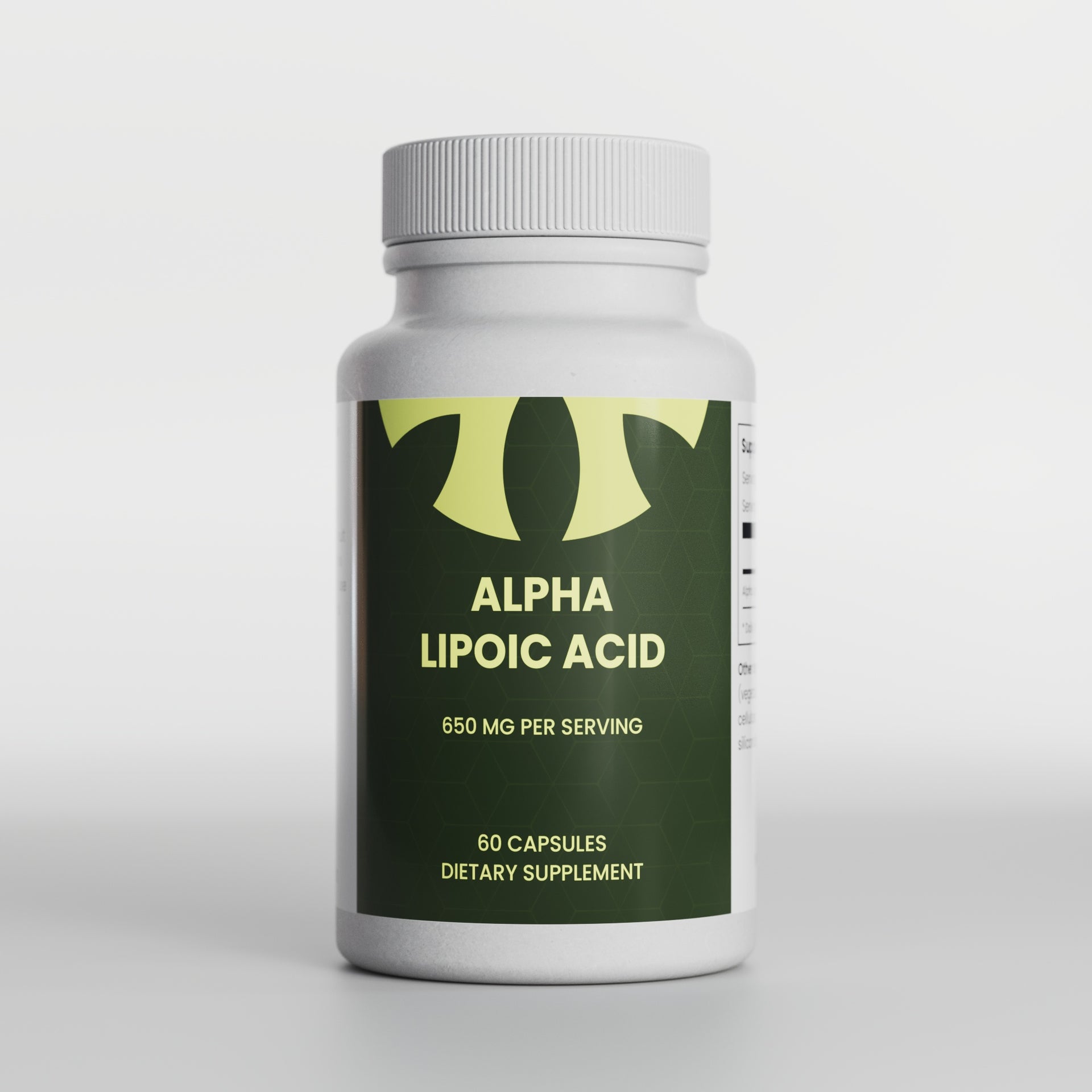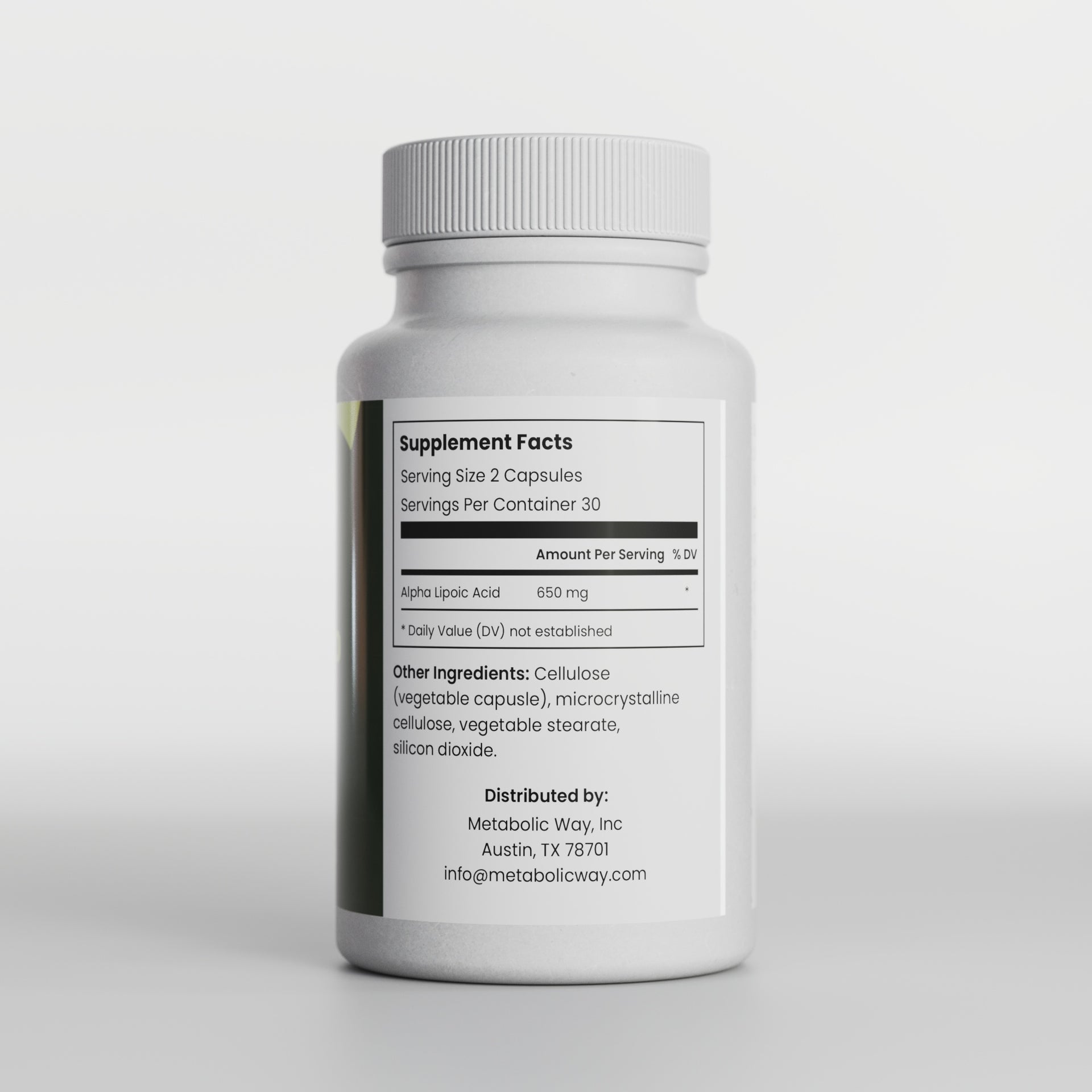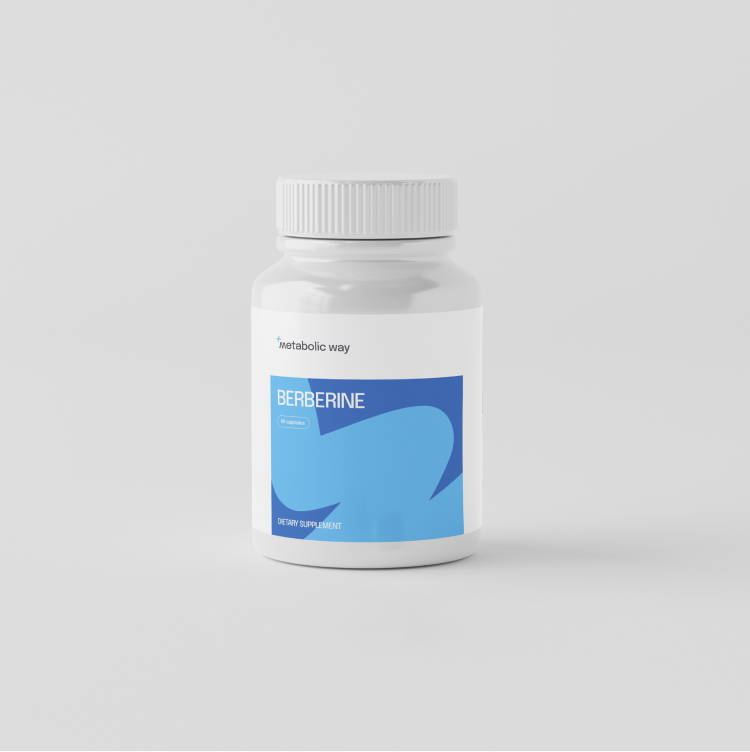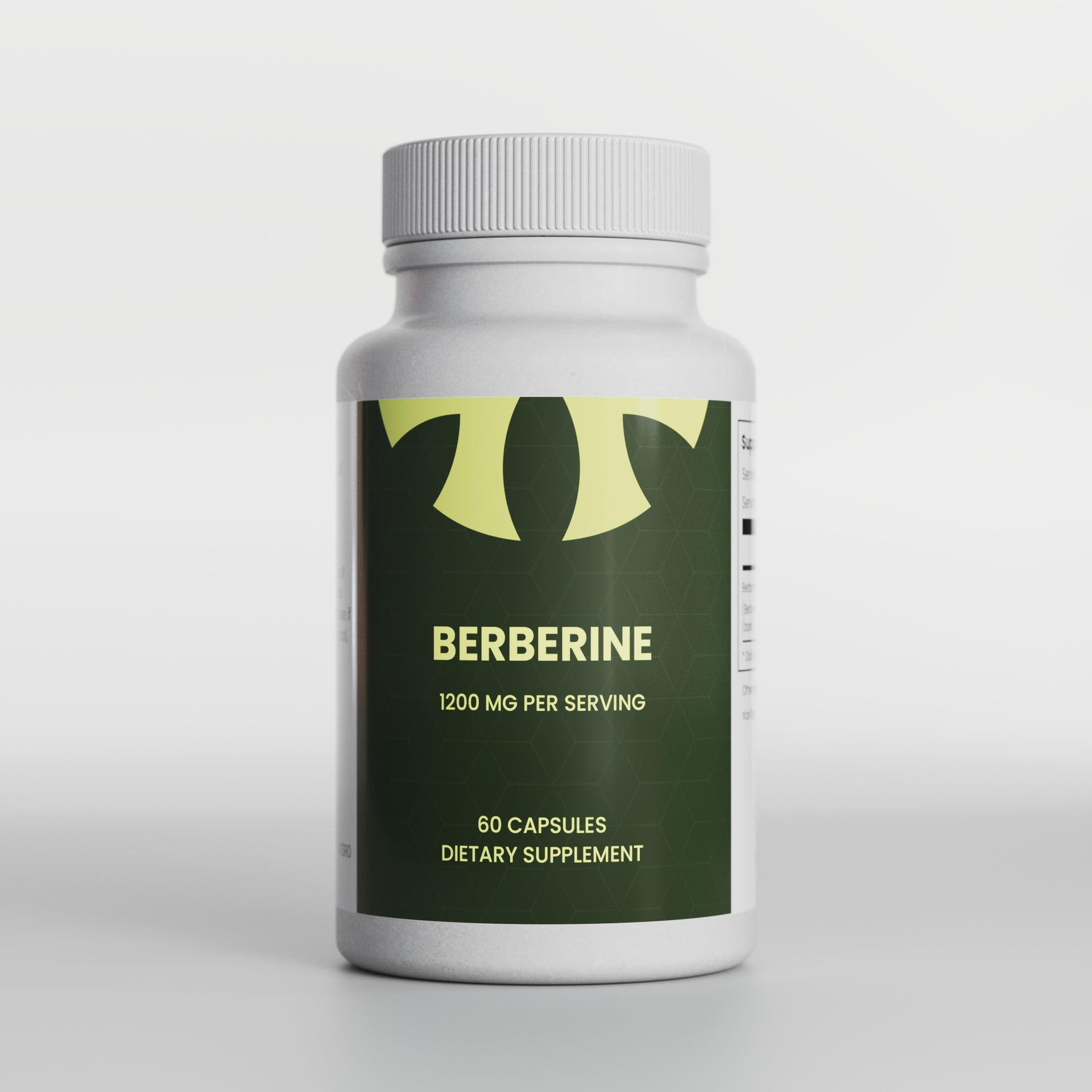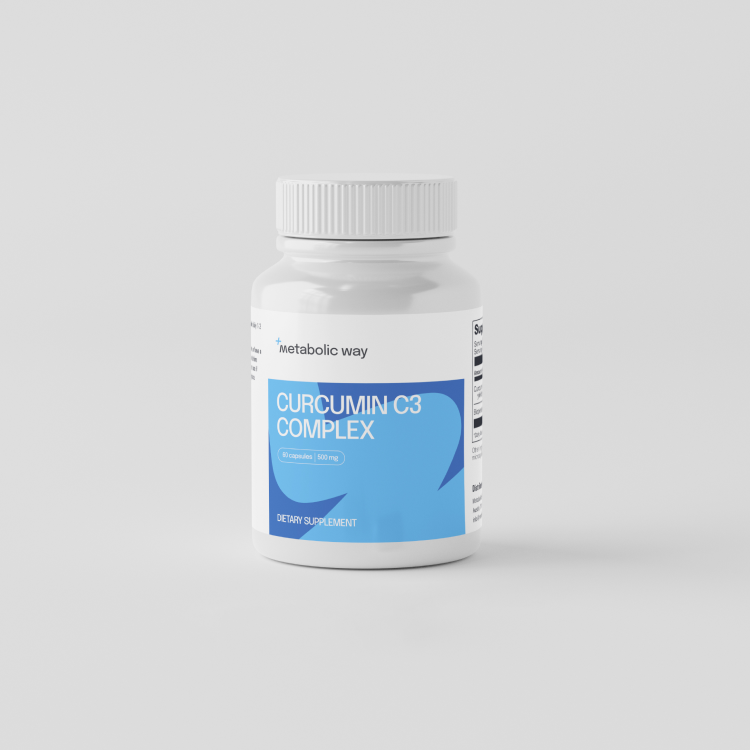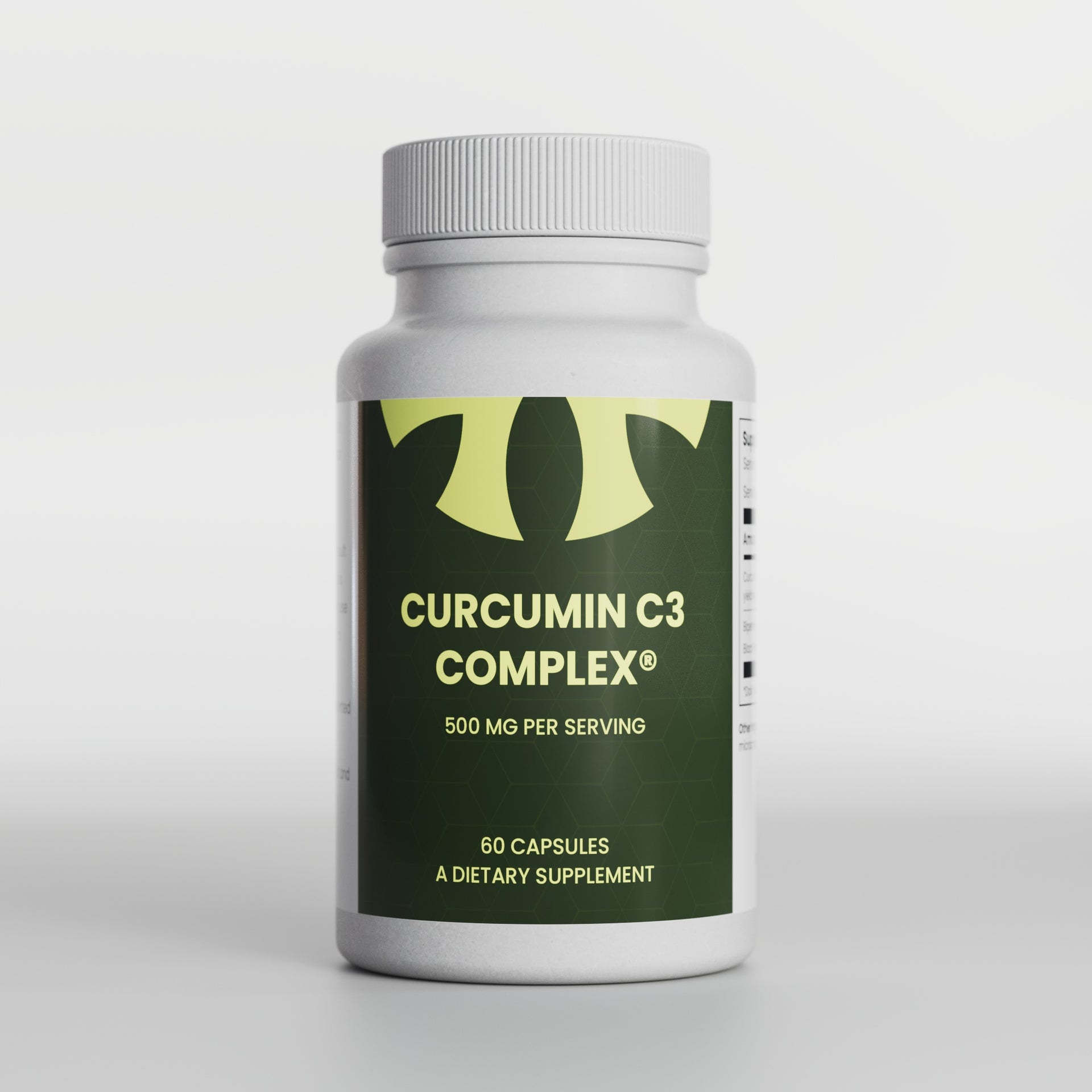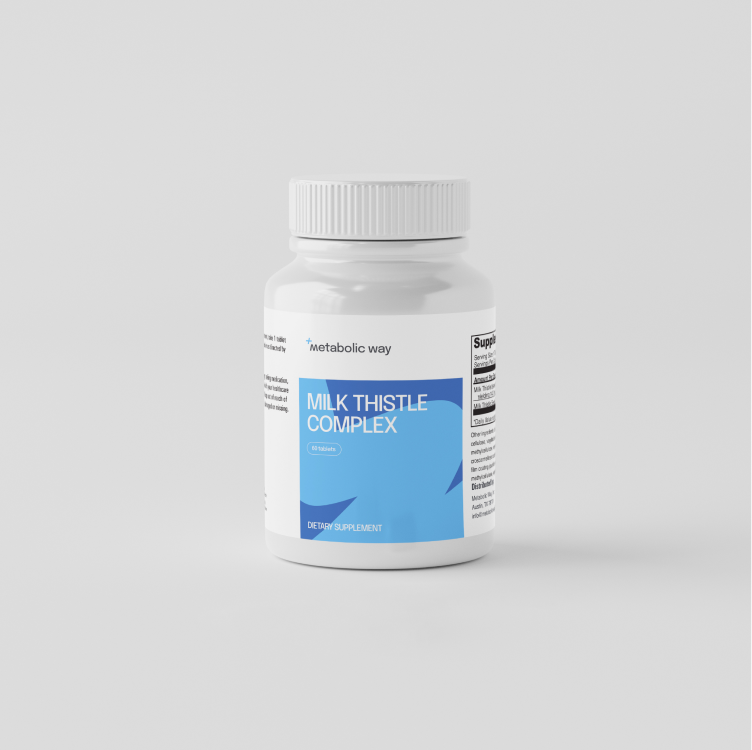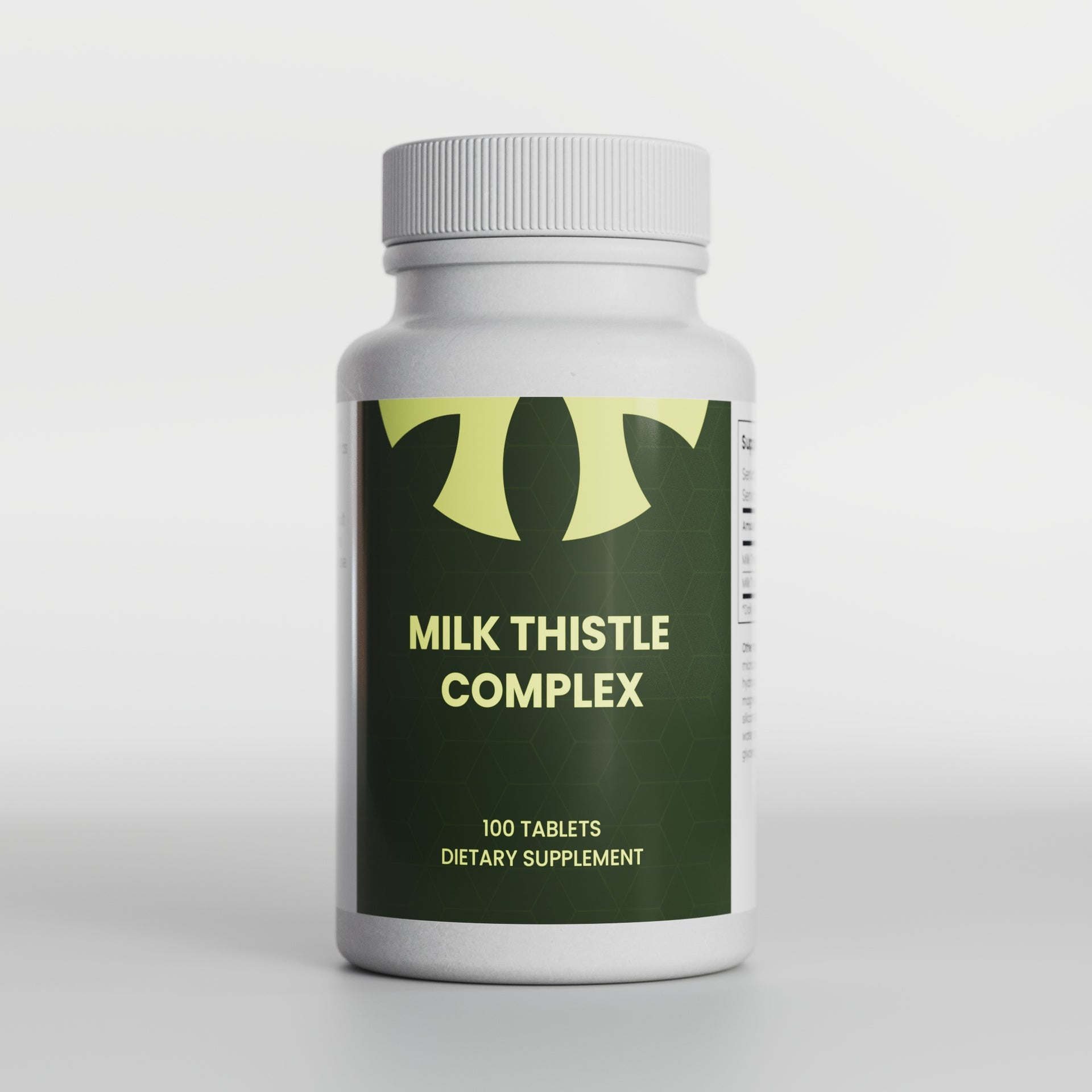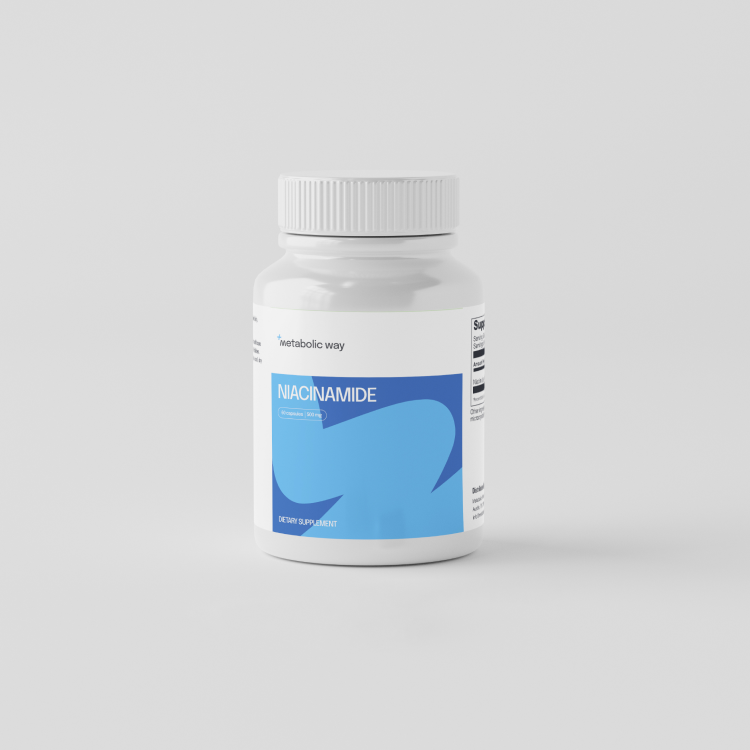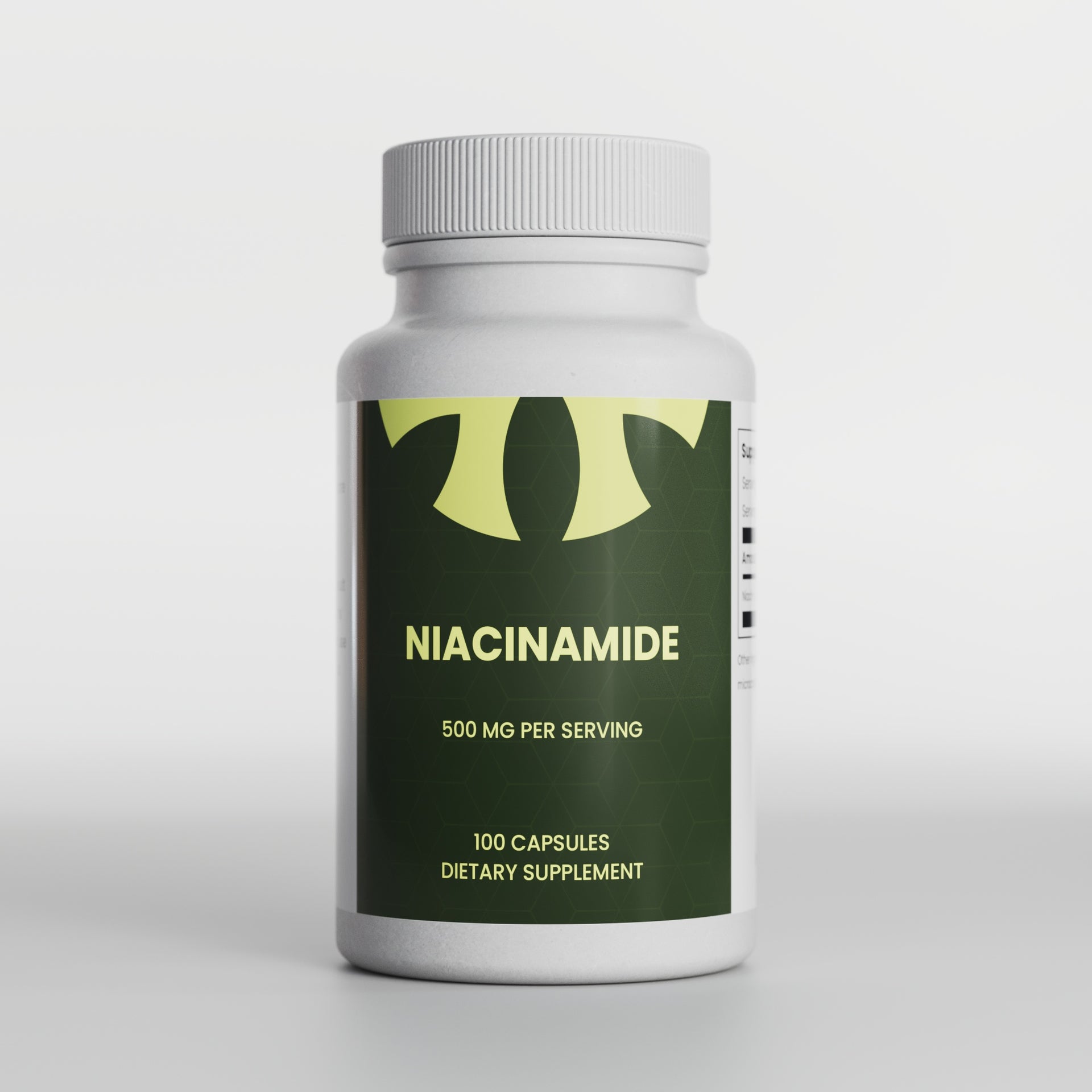Research Highlights:
Main Point 1: Cruciferous vegetables like Brassica oleracea exhibit antiproliferative properties against breast cancer cells, impacting cell cycle-related proteins and DNA synthesis.
Main Point 2: Epidemiological studies suggest a decreased risk of various cancers, including lung, stomach, colon, and rectal cancer, with high brassica vegetable consumption.
Main Point 3: Components of olive oil show promise in reducing the risk of breast, colorectal, and prostate cancers and have beneficial effects on cardiovascular health.
Main Point 4: Garlic extract demonstrates antioxidant properties, protecting hepatocytes from oxidative damage caused by substances like acetaminophen.
Main Point 5: Asparagus by-product extract exhibits hypoglycemic and hypotriglyceridemic effects, potentially preventing diabetic complications.
Scientifically Reviewed by: Dr. Gary Gonzalez, MD, in August 2023.
Introduction:
Cancer, a complex and devastating disease, continues to challenge the medical community and individuals worldwide. However, promising research has emerged, shedding light on natural compounds and dietary choices that may play a crucial role in cancer prevention and management. In this comprehensive article, we explore the potential of cruciferous vegetables, olive oil, garlic extract, and asparagus by-products in the context of cancer prevention and treatment. These dietary elements have garnered attention for their remarkable effects on cancer cells, risk reduction, and overall health.
What You Need to Know:
Point 1: Cruciferous Vegetables and Breast Cancer Cruciferous vegetables, such as Brassica oleracea, possess remarkable antiproliferative properties against breast cancer cells. These vegetables impact cell cycle-related proteins and DNA synthesis, effectively inhibiting cancer cell growth.
Point 2: Epidemiological Insights on Brassica Vegetables Epidemiological studies highlight the cancer-preventive potential of brassica vegetables, including cabbages, kale, broccoli, Brussels sprouts, and cauliflower. High consumption of these vegetables is associated with a reduced risk of various cancers, such as lung, stomach, colon, and rectal cancer.
Point 3: Olive Oil's Protective Role Olive oil, a cornerstone of the Mediterranean diet, is linked to decreased cardiovascular disease risk. Moreover, olive oil components show promise in reducing the risk of breast, colorectal, and prostate cancers. These compounds exhibit antioxidant and anti-inflammatory properties.
Point 4: Garlic's Antioxidant Effects Garlic extract is renowned for its diverse health benefits. It demonstrates antioxidant properties, protecting liver cells from oxidative damage induced by substances like acetaminophen. This protective effect could have implications for cancer prevention.
Point 5: Asparagus By-Product and Diabetes The by-product of asparagus, often discarded, contains bioactive substances with hypoglycemic and hypotriglyceridemic effects. This extract
could play a vital role in preventing diabetic complications associated with hyperglycemia and hyperlipidemia.
Section 1: Unveiling the Power of Cruciferous Vegetables Cruciferous vegetables, including Brassica oleracea, are more than just a dietary choice—they are potential allies in the fight against cancer. In this section, we delve into the antiproliferative properties of these vegetables and their impact on breast cancer cells.
Subsection 1.1: Brassica oleracea's Antiproliferative Activity Brassica oleracea, a diverse family of vegetables, demonstrates marked antiproliferative activity against both estrogen receptor (ER)-positive and ER-negative human breast cancer cell lines. The inhibition of proliferation involves the modulation of cell cycle-related proteins and DNA synthesis.
Subsection 1.2: Cruciferous Vegetables and Cancer Prevention Epidemiological studies have consistently shown that high consumption of cruciferous vegetables is associated with a decreased risk of various cancers. We explore the evidence linking these vegetables to cancer prevention and their potential mechanisms of action.
Section 2: Olive Oil's Role in Cancer Prevention The Mediterranean diet, rich in olive oil, has gained recognition for its heart-healthy benefits. However, the protective effects of olive oil components extend beyond cardiovascular health. In this section, we uncover the potential of olive oil in cancer risk reduction.
Subsection 2.1: Olive Oil Components and Anticancer Properties Olive oil contains phenolic compounds with potent antioxidant and anti-inflammatory properties. We examine how these components may contribute to reducing the risk of breast, colorectal, and prostate cancers.
Section 3: Garlic Extract: A Multifaceted Health Protector Garlic has long been celebrated for its diverse health benefits. In this section, we explore the antioxidant effects of garlic extract and its potential in protecting hepatocytes from oxidative damage, which could have implications for cancer prevention.
Section 4: Asparagus By-Product and Diabetes Management Asparagus, often consumed for its nutritional value, has an overlooked by-product that holds potential health benefits. We investigate the hypoglycemic and hypotriglyceridemic properties of the aqueous extract of asparagus by-product and its implications for diabetic complications.
Summary:
Cancer remains a formidable challenge, but emerging research offers hope in the form of dietary choices. Cruciferous vegetables, olive oil, garlic extract, and asparagus by-products have shown remarkable potential in cancer prevention and overall health. By understanding their mechanisms and incorporating them into our diets, we can take proactive steps in the fight against cancer.
References:
- [Heesakkers RA, et al. Prostate cancer evaluated with ferumoxtran-10-enhanced T2*-weighted MR Imaging at 1.5 and 3.0 T: early experience. Radiology. 2006 May;239(2):481-7.]
- [Epidemiology and mechanisms. Adv Exp Med Biol. 1999;472:159-68.] 3. [Breast cancer risk in premenopausal women is inversely associated with consumption of broccoli, a source of isothiocyanates, but is not modified by GST genotype. J Nutr. 2004 May;134(5):1134-8.]
- [Olive oil and health: summary of the II international conference on olive oil and health consensus report, Jaén and Córdoba (Spain) 2008. Nutr Metab Cardiovasc Dis. 2010 May;20(4):284-94.]
- [The role of virgin olive oil components in the modulation of endothelial function. J Nutr Biochem. 2006 Jul;17(7):429-45.]
- [Intake of carrots, spinach, and supplements containing vitamin A in relation to risk of breast cancer. Cancer Epidemiol Biomarkers Prev. 1997 Nov;6(11):887-92.] 7. [The protective effects of garlic extract against acetaminophen-induced oxidative stress and glutathione depletion. Pak J Biol Sci. 2009 May 15;12(10):765-71.] 8. [The aqueous extract of Asparagus officinalis L. by-product exerts hypoglycaemic activity in streptozotocin-induced diabetic rats. J Sci Food Agric. 2011 Aug 30;91(11):2095-9.]
